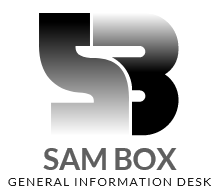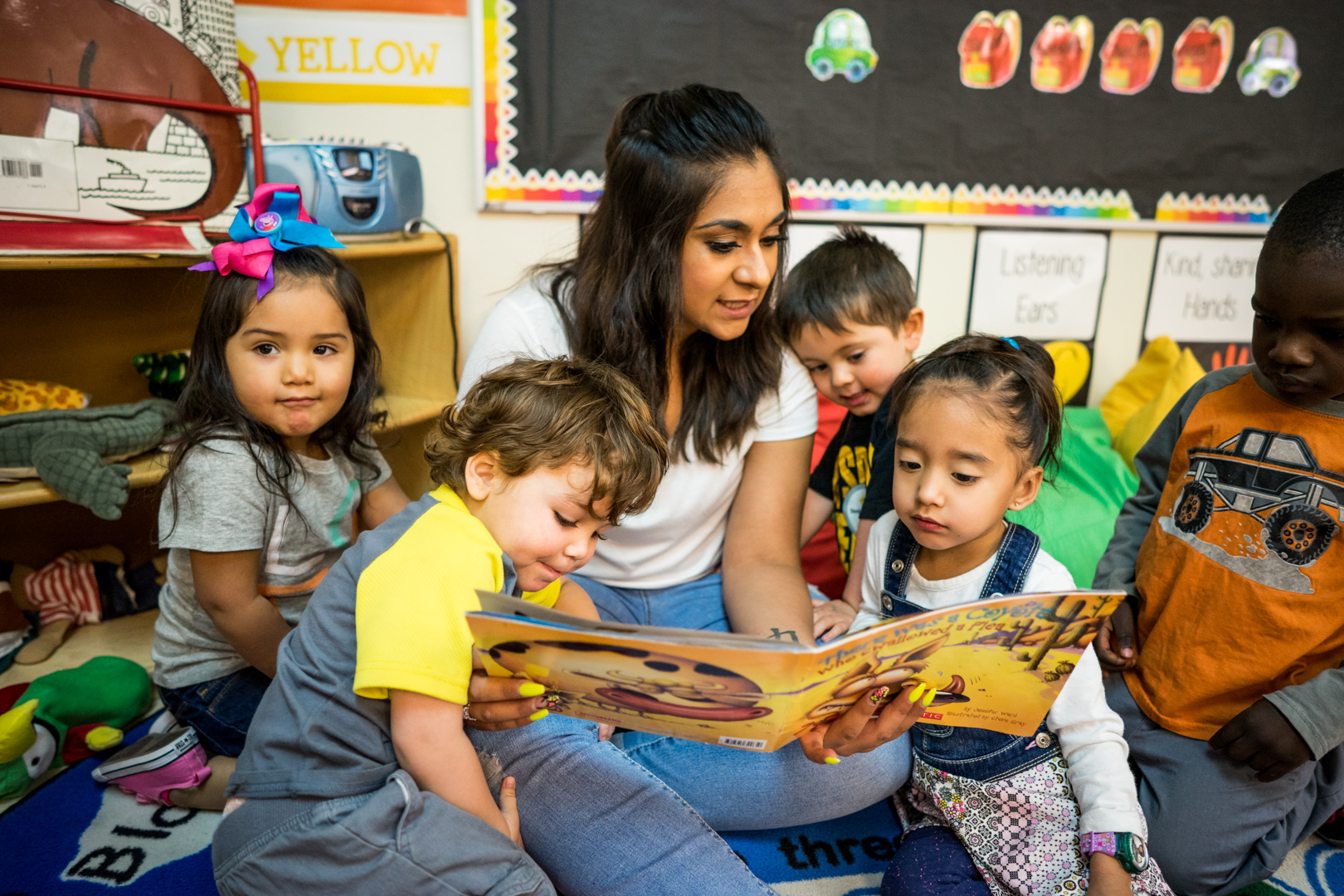Discover top early childhood education courses in Auckland. Learn how to become a qualified ECE teacher in New Zealand with expert-led, practical, and accredited programs.
Study Early Childhood Education
Studying early childhood education in Auckland is more than just a career move—it’s a calling. With a growing demand for passionate, qualified professionals who can inspire the youngest learners, Auckland offers a world-class education environment to kickstart your journey. From vibrant classrooms to field-based placements, you’ll gain the confidence and skills to support the next generation.
Whether you’re new to teaching or seeking a career change, Auckland’s ECE programs combine theory, hands-on experience, and cultural understanding. Institutions like the University of Auckland (early childhood education courses auckland) and Waikato University provide engaging programs grounded in the New Zealand curriculum (Te Whāriki), empowering you to teach with purpose and passion.
What Can You Study in Early Childhood Education?
There are a variety of early childhood teaching courses available in Auckland. You can pursue the Bachelor of Education (Teaching) – ECE, Graduate Diploma of Teaching (ECE), or start with foundation certificates. Each program is designed to prepare you for real-world teaching, with a strong focus on child development, learning through play, and culturally responsive practice.
At institutions such as the Faculty of Education and Social Work (UoA) and Te Kura Toi Tangata – School of Education (Waikato), programs explore inclusive education, Mātauranga Māori, and Pasifika education, ensuring you’re well-equipped to nurture young minds in a diverse learning environment.
Entry Requirements (early childhood education courses auckland)
To gain entry into an early childhood education course in Auckland, you typically need:
- A New Zealand secondary school qualification (e.g., NCEA Level 3), or its international equivalent
- A demonstrated passion for working with young children
- Clean police vetting and a health declaration
If you’re applying for postgraduate study like the Graduate Diploma of Teaching (ECE), a bachelor’s degree in any field is usually required. Additionally, international applicants must meet English language proficiency standards (typically IELTS 7.0 or equivalent) as set by the Teaching Council of Aotearoa New Zealand.
Where This Qualification Could Take You
A qualification in early childhood education opens doors to fulfilling, meaningful careers. You could become a:
- Registered ECE teacher in kindergartens, daycares, or early learning centres
- Centre manager or curriculum coordinator
- Home-based educator
- Special needs support worker
- Policy analyst or education consultant
With additional study, you may even move into leadership, research, or tertiary teaching. Early childhood educators in New Zealand are in demand, and salaries range from NZD $50,000 to $85,000+ depending on experience and role.
Teaching – Early Childhood
Early childhood teaching is about nurturing curiosity, building foundational skills, and fostering a lifelong love of learning. It’s a career built on empathy, creativity, and strong communication. In Auckland, ECE teaching aligns with Te Whāriki, which emphasizes holistic development and inclusive, culturally grounded teaching.
Institutions integrate field-based learning, encouraging you to work in real classroom environments while you study. This model builds confidence and connects theory with practice—key to developing strong professional teaching identities.
Why Study Early Childhood Teaching?
Early childhood teaching is incredibly rewarding. Every day is different. You’ll sing songs, read stories, and see children light up as they learn something new. The emotional rewards of shaping lives from the start are unmatched.
Moreover, the field offers job security and upward mobility. With increasing emphasis on reflective teaching, professional practice, and inclusive education, qualified teachers are in high demand—both in New Zealand and globally.
Practical Teaching Experience
Hands-on experience is at the heart of all reputable early childhood education programs. You’ll complete practicum experiences in licensed ECE centres under the guidance of mentor teachers. These placements help you:
- Apply learning in real-world settings
- Develop classroom management skills
- Observe diverse teaching styles and student needs
At the University of Auckland and Waikato University, practicum blocks are integrated throughout the course, so by the time you graduate, you’ll feel prepared and confident to lead your own class.
Become a Qualified Teacher
Upon successful completion of an accredited ECE program, you’ll be eligible to register with the Teaching Council of Aotearoa New Zealand. This registration is your ticket to becoming a fully qualified teacher in New Zealand’s early learning sector.
Both Bachelor of Education (Teaching) – ECE and the Graduate Diploma of Teaching (ECE) meet the standards set by the New Zealand Qualifications Authority (NZQA). They focus on curriculum delivery, literacy and numeracy for young learners, and professional growth—helping you make a real difference from day one.
Learn Through Hands-On Experience
Beyond the classroom, Auckland’s ECE programs emphasize learning by doing. This includes not just practicum placements but interactive workshops, simulation classrooms, and reflective journals. You’ll explore early years pedagogy and the science of child development through experiential learning.
These methods prepare you for the realities of teaching. You’ll build strong relationships with children, parents, and colleagues while mastering the practical skills that set great teachers apart.
Entry Requirements and Application Process
Ready to apply? Here’s what to prepare:
- Academic transcripts and certificates
- A personal statement outlining your motivation to teach
- Two character references
- A police clearance and health check
- Proof of English language proficiency (for international students)
Most institutions have multiple intakes per year, and you can often choose between full-time, part-time, or blended study options. Be sure to check the specific requirements on the websites of the University of Auckland and Waikato University.
Study Options for International Students
Auckland is a welcoming, multicultural city—perfect for international students. Both the University of Auckland and Waikato University offer tailored support including:
- English language preparation
- Accommodation services
- Visa and immigration guidance
- Cultural and academic orientation
International students can access the same high-quality ECE programs, participate in field-based learning, and complete teaching placements in New Zealand ECE centres. Graduates are eligible to apply for a post-study work visa, opening doors to long-term employment in the country.
Conclusion
Early childhood education courses in Auckland offer more than just qualifications—they provide an opportunity to impact lives, support communities, and inspire generations. Whether you’re just starting or looking to advance your career, Auckland’s world-class programs, expert teaching staff, and vibrant learning environments set you up for success.
From the nurturing curriculum of Te Whāriki to the trusted guidance of the Teaching Council of Aotearoa New Zealand, everything you need to become a confident, culturally aware educator is at your fingertips.
Start your journey today—and help shape a brighter tomorrow.
FAQs
- How long does it take to become a qualified early childhood teacher in Auckland?
Most full-time students complete the Bachelor of Education (Teaching) – ECE in 3 years or the Graduate Diploma of Teaching (ECE) in 1 year if they already hold a degree.
- What is Te Whāriki?
Te Whāriki is New Zealand’s early childhood curriculum, emphasizing holistic development, inclusivity, and child-led learning.
- Can I study early childhood education online?
Yes! Many institutions offer blended or fully online options, especially for certificate and diploma levels.
- Do I need to be fluent in English?
Yes. International students must meet English language proficiency requirements (usually IELTS 7.0) to ensure effective teaching and communication.
- What are the job prospects after graduation?
Graduates can work as registered ECE teachers, home-based educators, or centre managers. The demand for qualified teachers is strong across New Zealand.
- Is financial aid available?
Domestic students may be eligible for Fees Free study or student loans. Scholarships are also available for Māori and Pasifika students and high-achieving applicants.




